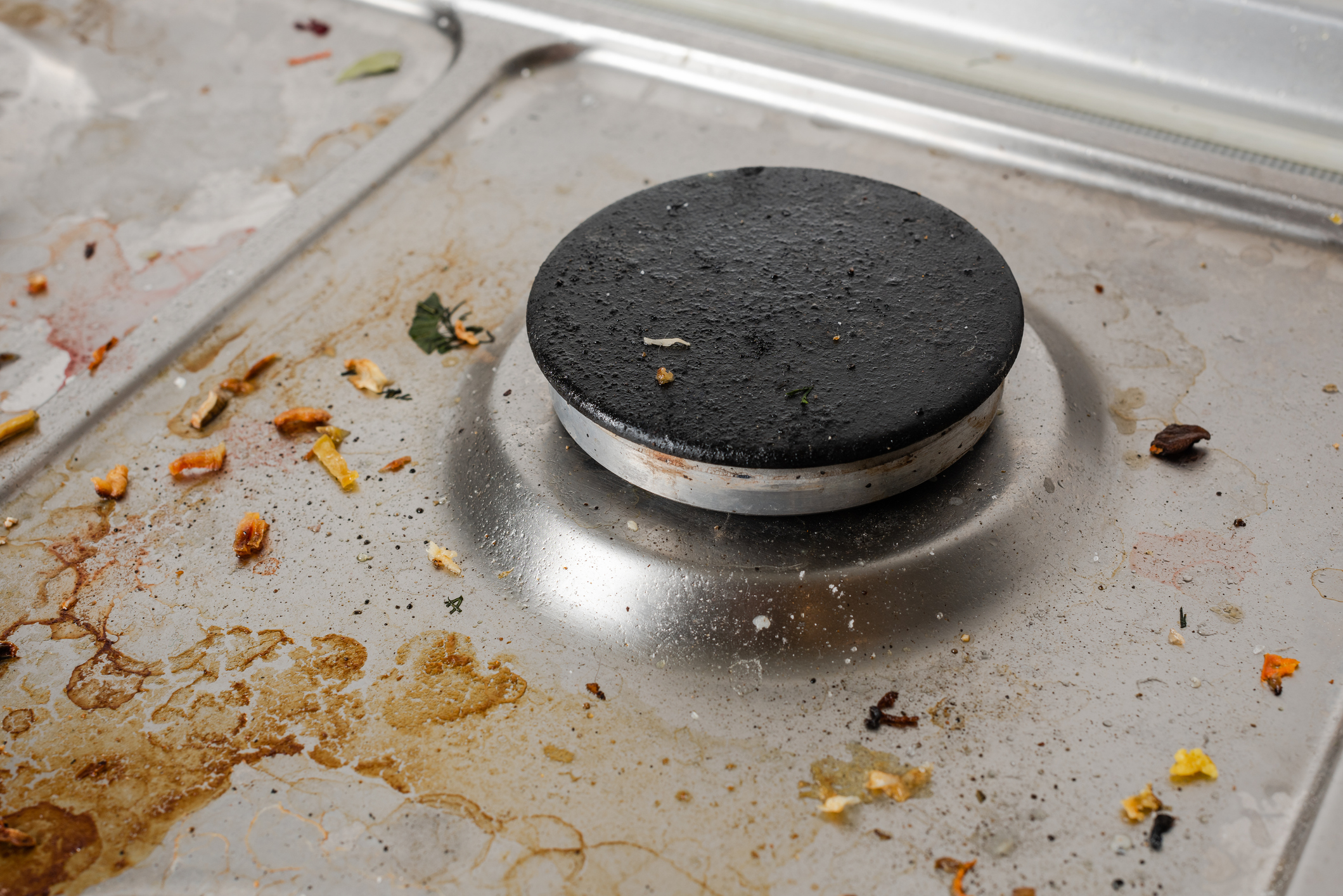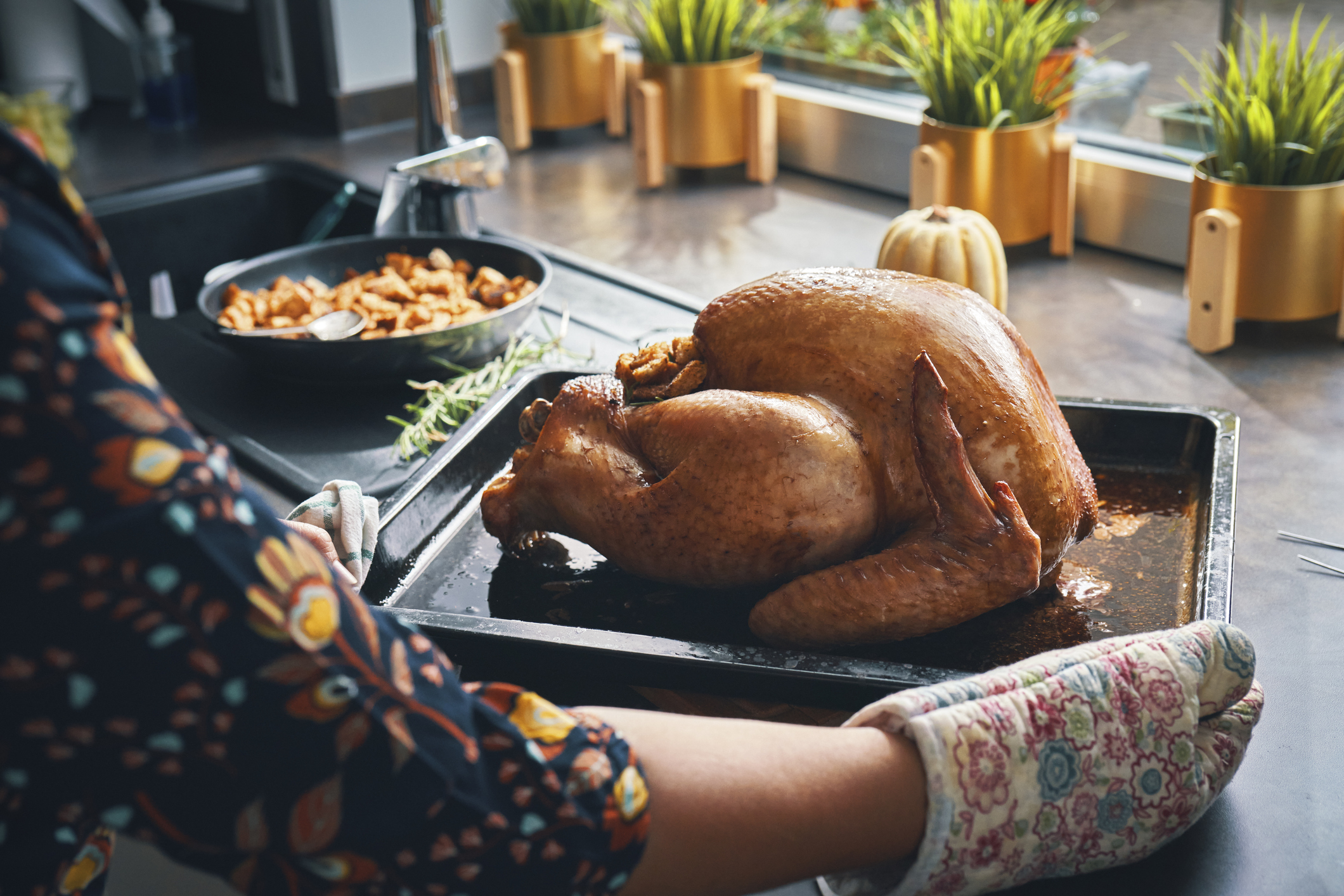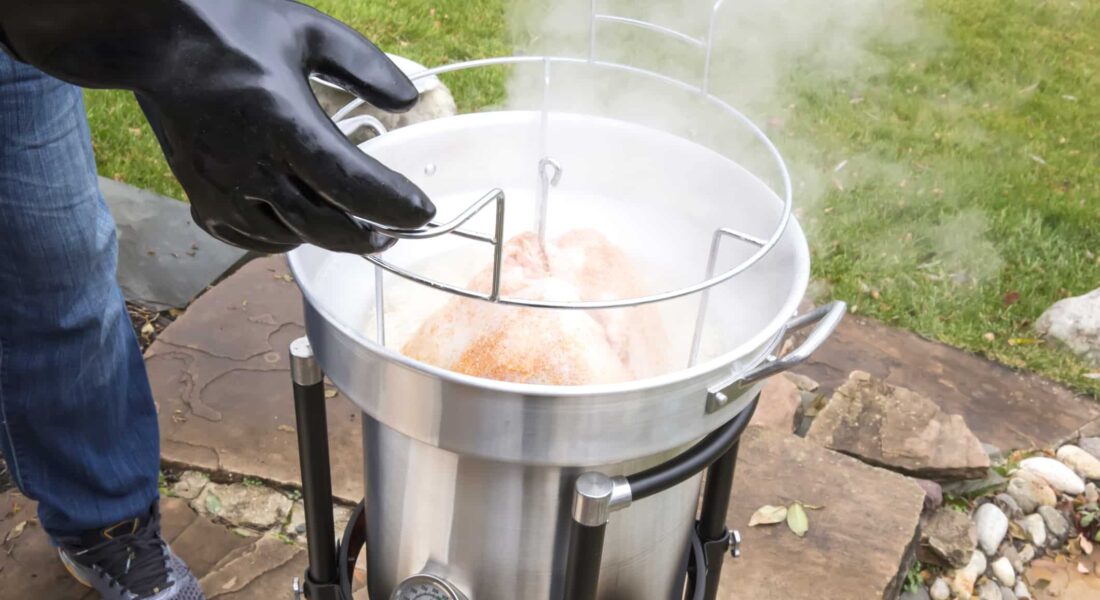Thanksgiving is a time for family, food, and celebration — but it’s also the top day of the year for home cooking fires. With kitchens running at full capacity and distractions everywhere, even minor mistakes can escalate into major fire or smoke damage.
Understanding why these incidents spike — and how to protect your home — can help you enjoy the holiday safely.
Why Thanksgiving Sees More Kitchen Fires
Before we discuss prevention, let’s examine why more kitchen fires occur during the Thanksgiving holiday. Here’s a breakdown of the top three reasons:
1. Overcrowded Kitchens and Distracted Cooking
The number one cause of holiday cooking fires is simply unattended stovetops. With multiple dishes cooking, guests arriving, and kids running around, even a few minutes away from the stove can be risky.
Pro Tip: Use a timer for every dish — even those that “only need a minute.” A simple beep can prevent a costly emergency.
Want to learn how smart home devices can help you avoid disasters? We’ve got you covered: How Smart Home Devices Are Helping Prevent Fire and Water Damage
2. Grease Buildup and High-Heat Cooking

Traditional Thanksgiving foods often require frying, roasting, or sautéing at high temperatures. Grease can splash, flare up, or ignite quickly if not managed properly. Turkey frying, for example, is notorious for causing large-scale outdoor and garage fires.
Pro Tip: If you’re frying anything, keep a lid nearby. Smothering flames works faster and more safely than water, which can make grease fires explode.
For more on common causes of house fires and how to prevent them, read our guide: The Most Common Fire Hazards in Modern Homes (and How to Prevent Them)
3. Faulty or Overworked Appliances
Ovens, stovetops, and microwaves work overtime during the holidays. If an appliance is overdue for maintenance — or if it’s being misused — it can become a fire hazard. This includes ovens with old wiring, clogged range hoods, or debris on heating elements.
Find more resources on staying safe this holiday season here:
- Thanksgiving Cooking Safety: Avoiding the Most Common Kitchen Fires
- Holiday Safety 101: Tips to Prevent Fires from Decorations and Cooking
- What to Do When Holiday Disasters Strike: A Quick Action Plan
How to Prevent Holiday Kitchen Fires

Now, let’s take a look at four simple preventative measures every homeowner should know:
- Keep a Safe, Organized Cooking Space: Declutter countertops, ensure pot handles face inward, and keep flammable items — towels, oven mitts, and paper bags — far from heat sources.
- Never Leave Cooking Unattended: This simple rule prevents the majority of holiday fires. If you need to leave the kitchen, turn off the burner or ask someone to watch the stove.
- Use Appliances Wisely: Follow manufacturer instructions for ovens, air fryers, slow cookers, and electric roasters. Avoid overloading outlets or using extension cords with high-power appliances.
- Install and Test Safety Devices: Make sure smoke detectors are functional, fire extinguishers are accessible, and your range hood is clean and operating properly.
Bonus Tips: What to Do If a Kitchen Fire Breaks Out
- Small Grease Fire: Cover with a lid, turn off the heat, and never use water.
- Oven Fire: Keep the door closed and shut off the oven.
- Large or Spreading Fire: Evacuate immediately and call 911.
After the flames are out, smoke, soot, and water damage can linger — and worsen quickly. Professional cleanup is essential to protect your home’s structure and air quality.
24 Hour Flood Pros can help restore your home safely and quickly.
Happy Thanksgiving from 24 Hour Flood Pros!
Thanksgiving should be a day of comfort — not crisis. Understanding why kitchen fires spike during the holiday and taking a few simple precautions can dramatically reduce your risk.
And if an emergency does occur, contact 24 Hour Flood Pros. We’re ready 24/7 with expert fire, smoke, and water damage restoration to get your home back to normal fast.




